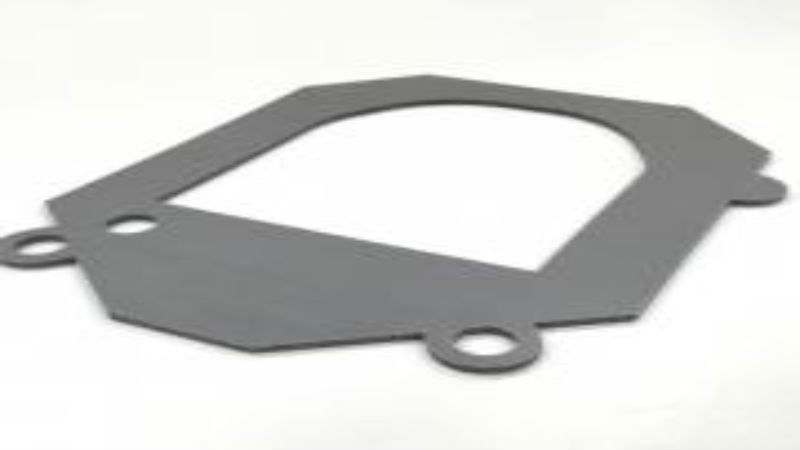When you need to protect equipment and machinery, gaskets are some of the most common and effective things you can use. The best gaskets are strong yet flexible. They also serve a variety of needs. Both silicone and custom neoprene gasket products have these important properties but which one is best for your applications? Let’s take a closer look at these materials to find out.
Silicone
The top silicone products give you several choices, and each one can serve a different purpose. Solid silicone seals and gaskets seal out liquids and the environment, but sponge or foam silicone is best for protecting parts against the weather. Foam silicone material is very flexible and does not crack easily. Even when exposed to freezing conditions, it maintains its properties.
Silicone gaskets give you have an excellent seal against the weather. They are not affected by moisture and humid conditions. Also, ultraviolet light doesn’t weaken silicone, and it will not shrink over time.
Neoprene
Neoprene is the brand name for polychloroprene. It was developed by DuPont as a synthetic rubber. In fact, it’s superior to real rubber in many ways. It’s more durable and doesn’t crack easily under stress. A custom neoprene gasket can withstand temperatures as high as 248 degrees Fahrenheit and as low as -40 degrees Fahrenheit. Polychloroprene has good water resistance and is resistant to chemicals and oils. In fact, it has been used for many years in the soles for work shoes and boots.
Silicone Vs Neoprene
Both silicone and polychloroprene make excellent sealing gaskets. For applications requiring oil and tear resistance, a custom neoprene gasket is usually the best choice. If your parts or materials are exposed to a variety of weather conditions, then silicone is usually the best choice. Talk to your gasket supplier about the many options that are available.
